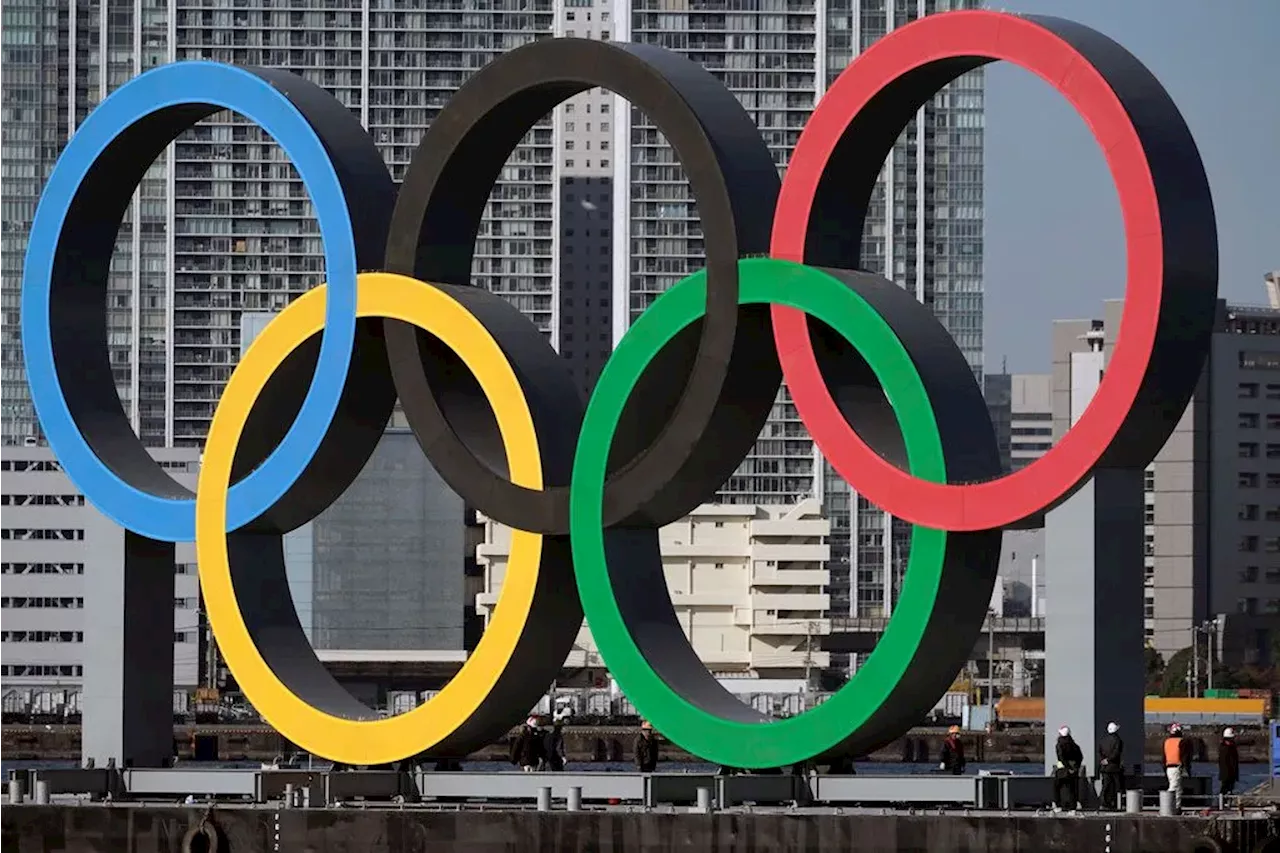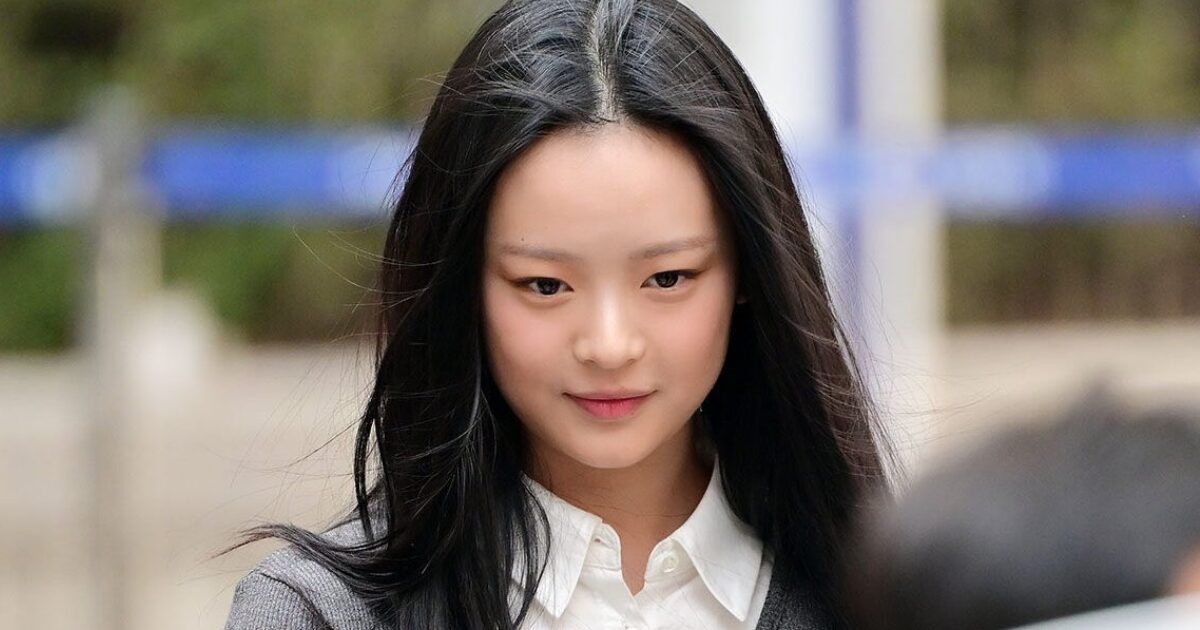BREAKING: The International Olympic Committee (IOC) is reportedly set to announce a ban on transgender women competing in women’s sports, a move that has sparked significant debate. Leaked details from a recent IOC meeting indicate that the committee’s medical and scientific director presented compelling evidence highlighting the biological advantages men have over women in athletic competition.
This urgent development comes as the IOC prepares for the 2024 Paris Olympics, with an anticipated announcement expected early next year. The implications of this decision could reshape the landscape of women’s sports, emphasizing the biological differences that have long been acknowledged within competitive athletics.
According to sources familiar with the presentation, the report outlined stark differences in strength, speed, and physical attributes between male and female athletes. It noted that a female rugby player tackled by a biological man faces a 20%-30% higher risk of injury compared to being tackled by another woman. Men have been found to be 25%-50% stronger, 30%% more powerful, 40%% heavier, and 15%% faster than their female counterparts, raising serious questions about fairness in competition.
The IOC has publicly maintained that no final decision has been made, but the growing skepticism regarding the inclusion of transgender women in women’s events is palpable. Activists on both sides are closely monitoring the situation, as backlash against the IOC’s potential reversal could influence its final stance.
The ongoing debate has intensified following the controversial participation of transgender athlete Laurel Hubbard in women’s weightlifting at the Tokyo Olympics. Hubbard’s entrance into the competition raised concerns among female athletes regarding equity and safety, particularly as he competed against women who were in their athletic prime while benefiting from a lifetime of male biology.
Furthermore, incidents such as the dominance of Imane Khelif and Lin Yu-ting in boxing, despite previous disqualifications due to genetic testing, underscore the complexities surrounding the eligibility of athletes with Disorders of Sexual Development (DSD). Both athletes claimed to be women, yet their participation raised safety and fairness concerns, particularly after Khelif’s brutal victory over Italian boxer Angela Carini.
The IOC’s potential decision to restrict women’s sports to biological females is seen by many as a necessary correction to uphold the integrity of women’s competitions. This move could pave the way for universal standards across Olympic sports in addressing the complexities of gender and athletic eligibility.
As the world awaits the IOC’s official announcement, the ramifications of this decision are expected to resonate deeply within the sports community, impacting athletes, fans, and governing bodies globally. The conversation around gender identity in sports is evolving rapidly, and the IOC’s stance will undoubtedly shape future policies.
Stay tuned for further updates as this story develops.







